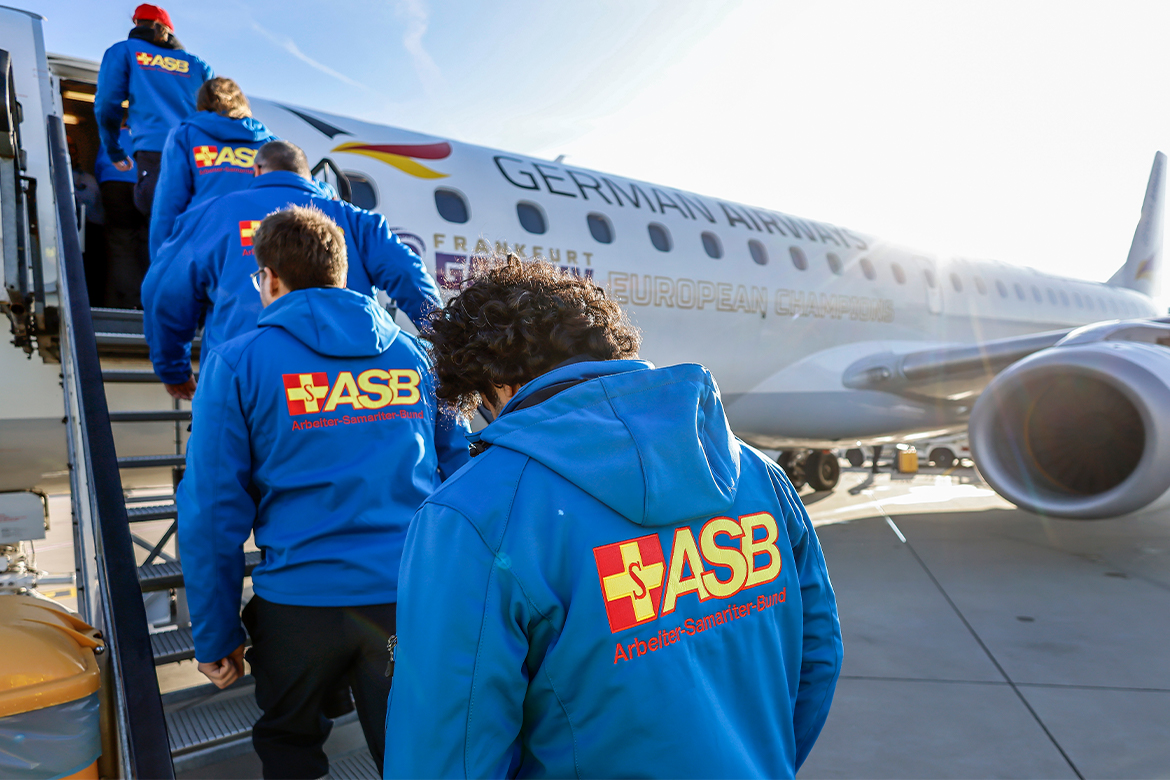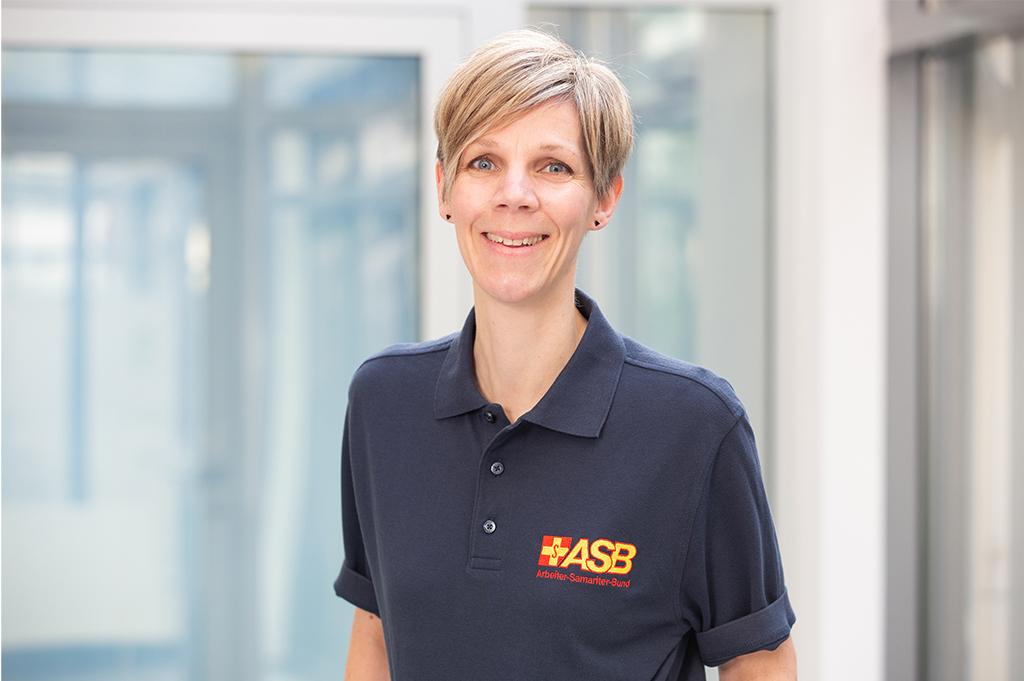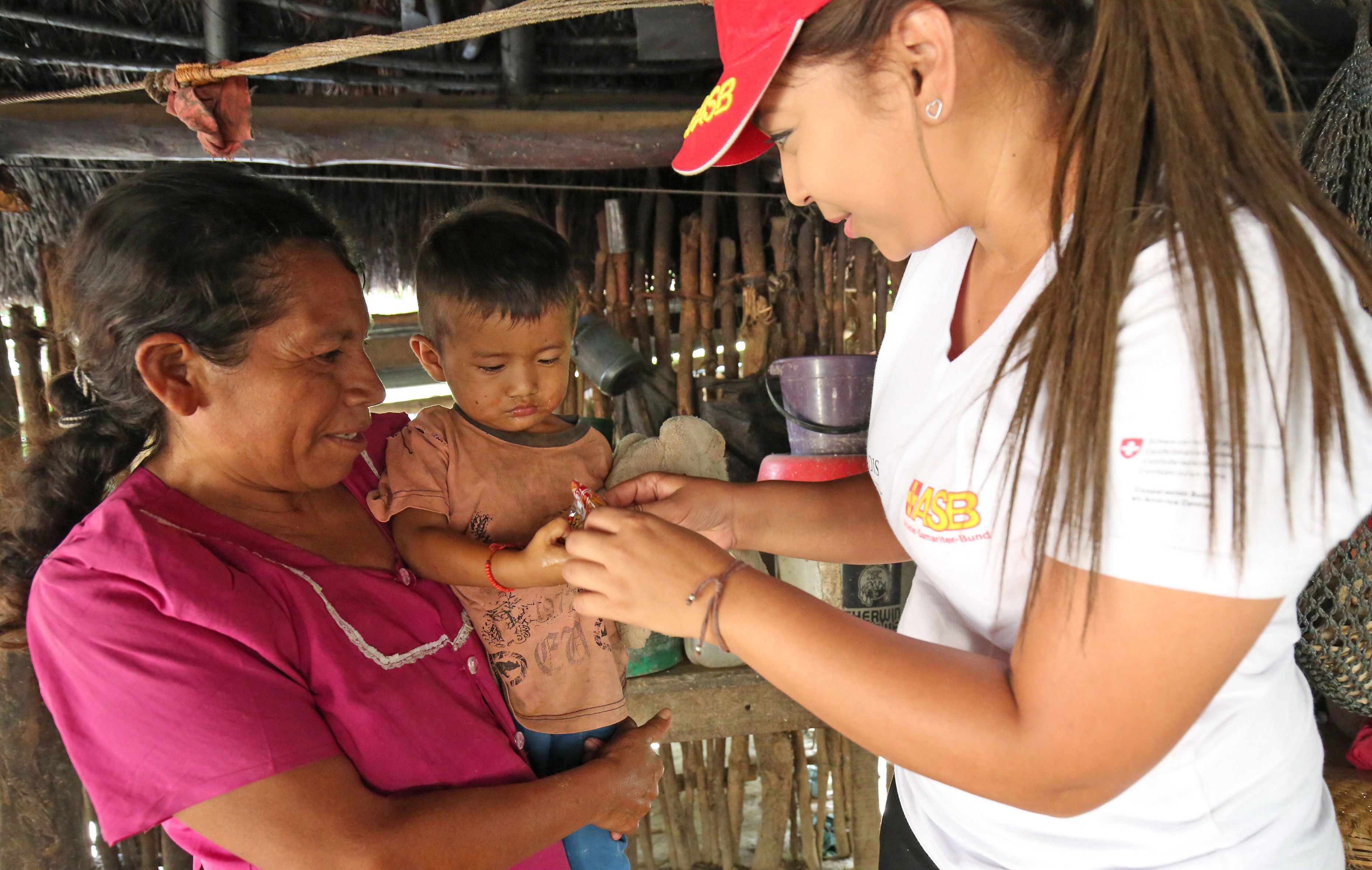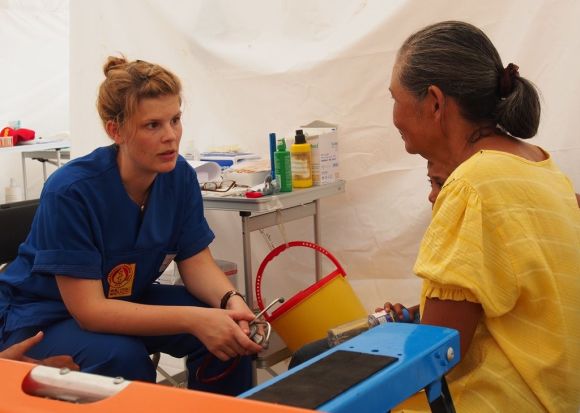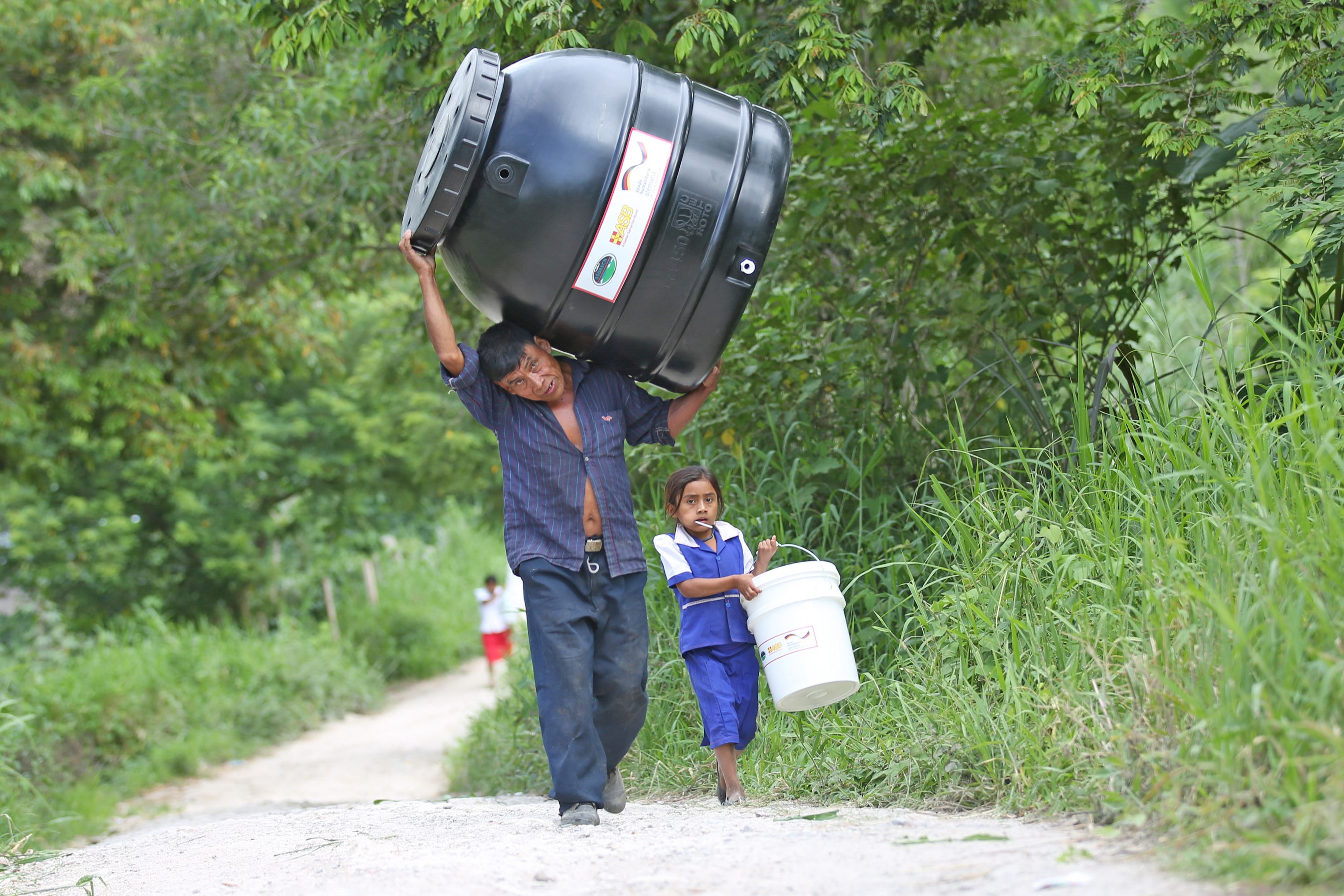
FAST: Get involved as a volunteer
The First Assistance Samaritan Teams contain ASB members from all over Germany who train as foreign aid workers specialising in basic medicine or drinking water treatment.
We are happy to provide you with some information about what FAST is and how you can get involved!
First Assistant Samaritan Teams (FAST) work in the fields of medicine and drinking water treatment.
You need a medical qualification and at least two years of professional experience in the field in order to work as part of our medical team.
No formal qualification is required to work in the drinking water division. However, it is important that you have an interest in the field of drinking water, can pitch in and have a knack for technology, chemistry or logistics.
A minimum age requirement of 21 also applies.
Everyone joins the FAST through an introductory course.
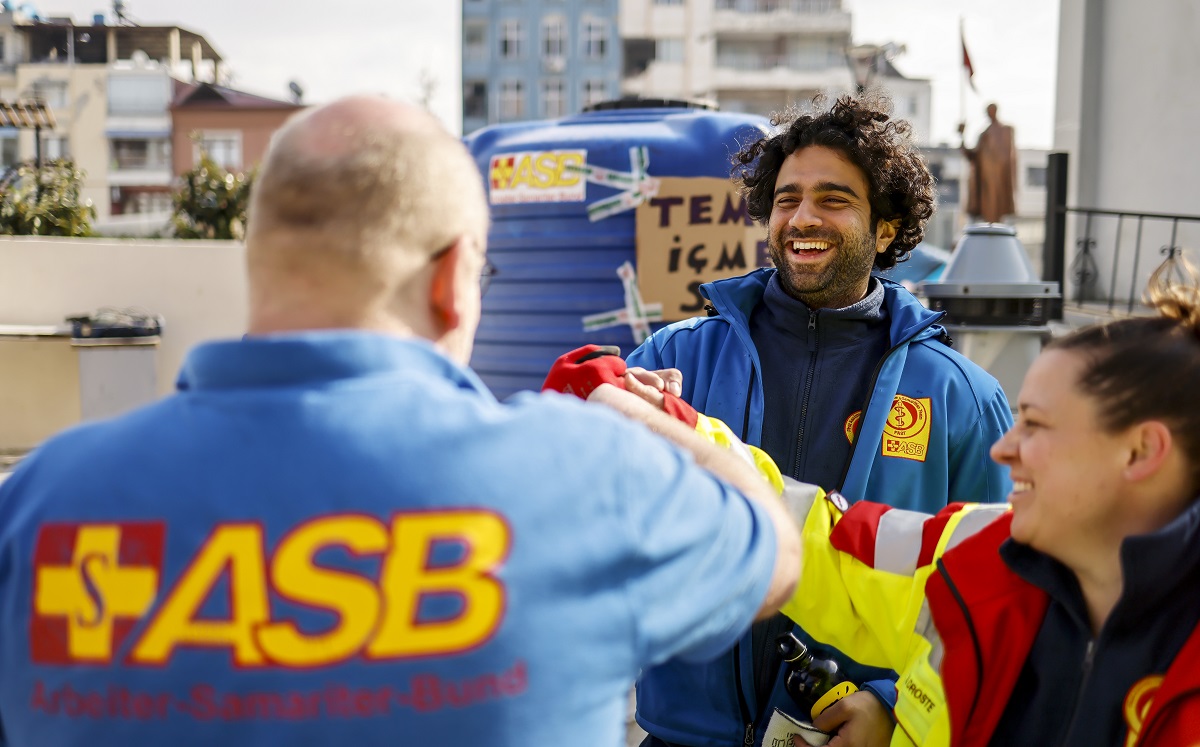
The aim of the introductory course is, on the one hand, teach you what humanitarian emergency aid is and when it is needed, and, on the other hand, to explain the concept behind the FAST. In addition, we want to give you the opportunity to get to know the FAST and the people behind it better.
You can find more information about the FAST seminars and an application form on the ASB training centre website.
The introductory course, followed by compulsory seminars which are relevant for everyone such as "Intercultural communication and media relations" and "Safety and stress during deployment abroad". We also have two module-specific technical seminars each for medicine and drinking water treatment.
There are then a few formalities to comply before deployment.
- We need a second passport that we keep on file.
- We also require clarification of your deployment with your employer.
- You will need to undergo a check-up to confirm fitness to travel in the tropics and you require all relevant vaccinations to deployment abroad.
The ASB bears the costs of the seminars, the second passport and the vaccinations.
We will of course be happy to answer any further questions you may have. Thank you for your interest! We look forward to meeting you!
Volunteers report on their FAST deployments
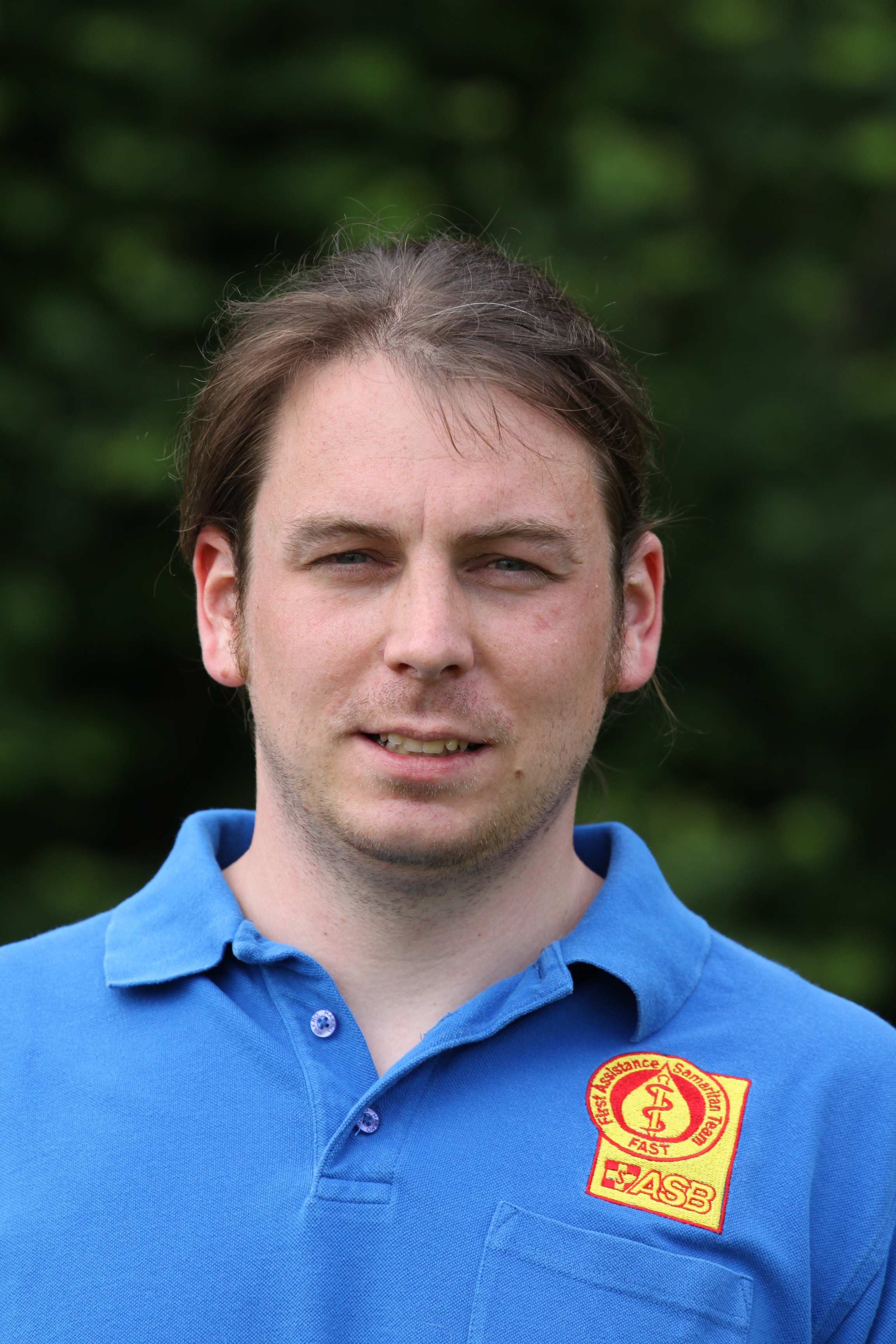
Steffen Hemer (37)
Once, in Haiti, I worked with other emergency personnel to engineer improvised float switches. I hunted through every possible backyard (where it was safe) in the process and met only friendly, extremely helpful people while doing so.
Steffen Hemer
Logistics, drinking water treatment, infection prevention and control
The Philippines, Bosnia, Haiti, Mozambique, Lesbos, Slovakia, Turkey
Emergency abroad has very particular challenges. You have to solve problems in situations which are out of the ordinary even for the locals and you are expected to do this while operating in completely foreign structures. That starts with technical details and affects everything from the availability of (logistical) resources to responsibilities. Providing the best possible aid and support in this context is always satisfying.
Once, in Haiti, I worked with other emergency personnel to engineer improvised float switches. I hunted through every possible backyard (where it was safe) in the process and met only friendly, extremely helpful people while doing so.
In logistics, you have to have a knack for more or less everything: the aspects generally associated with logistics, so keeping an eye on shipping of materials, having a good overview of the material itself, technical skills for repairs and improvised solutions, … and, in addition to the ability to work well on your own, last but not least it takes a good amount of communication skills (which then also includes everything to do with IT), in order to organise things or instruct workers even across language barriers and technical understanding.
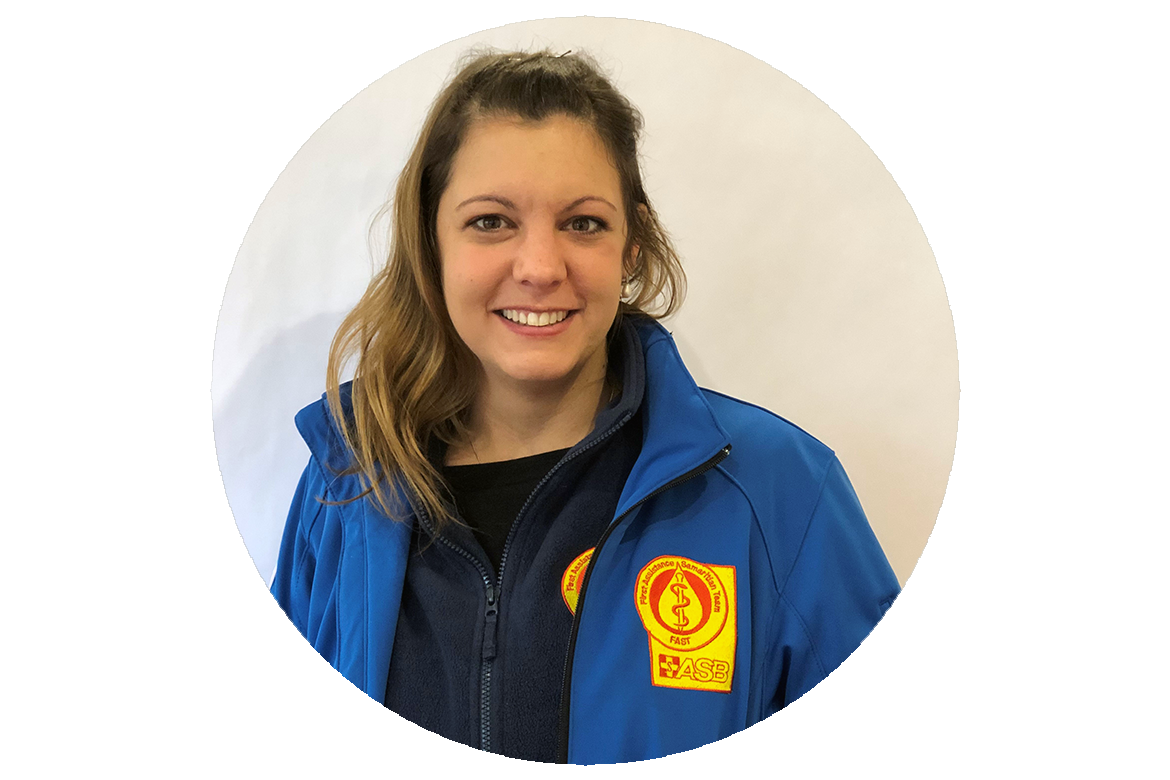
Sarah Korst (35)
I just like helping people. The main thing that excited me about getting involved with the FAST was the opportunity to bring the skills I had gained from national civil protection and supplement them with additional, broader skills for international foreign aid.
Sarah Korst
Drinking water treatment Deployment location Samadag/Turkey
Samadag/ Turkey
I just like helping people. The main thing that excited me about getting involved with the FAST was the opportunity to bring the skills I had gained from national civil protection and supplement them with additional, broader skills for international foreign aid.
One time a father and his son brought us a net full of the oranges that hang from the trees everywhere in the region as a sort of thanks for our help. Our neighbours in the camp area, who we sometimes shared a camp fire with in the evenings, shared their fruit, chocolate and hot tea with us as a matter of course. Our attempts to decline were never accepted.
Team spirit. FAST members rely on one another unconditionally on joint deployments abroad.
Calm pragmatism. During deployment, things often don't go as originally planned. Then it's all about staying calm and finding creative, sometimes unconventional solutions.
A certain amount of resilience. Knowing yourself well and having ways to manage stress during difficult times is an important tool for mastering deployments.
Humanity. Regardless of language barriers and cultural differences, the thing that unites us is that we are ultimately all human. We share similar wishes, experiences and needs.
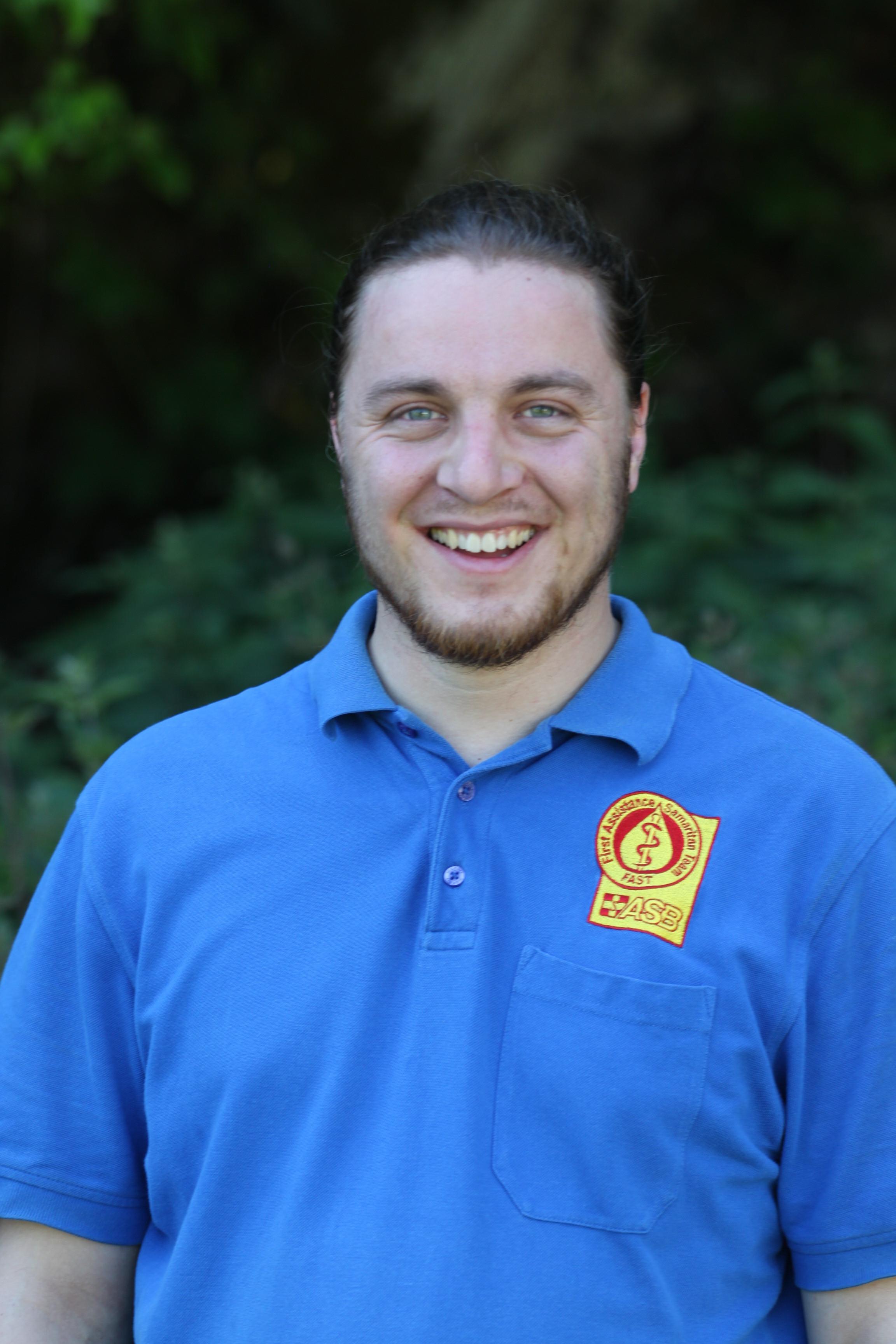
Lars Fehrentz (37)
In Haiti, we worked closely with workers at the local ASB office. We installed drinking water treatment systems, but the main focus was on training our Haitian colleagues. It was great to see them building and operating the systems more and more independently.
Lars Fehrentz
Medicine (EMT and IPC), drinking water treatment
Iraq, Bosnia, the Philippines, Zambia, Haiti, Mongolia, Greece
Being involved with the FAST is gratifying because you can take knowledge and skills from your professional life and German civil protection, see them in a new light and apply them, with a lot of additional knowledge, in an often unknown environment and work closely with local people in the process. It's a great challenge and ultimately you're able to contribute to helping people who are suffering hardship to find a way back to normality.
In Haiti, we worked closely with workers at the local ASB office. We installed drinking water treatment systems, but the main focus was on training our Haitian colleagues. It was great to see them building and operating the systems more and more independently.
Openness and ability to improvise. In addition to our professional background, we prepare and train extensively for the deployments abroad together. Despite all that, each deployment brings situations that force us to rethink things and result in us finding a solution as a team and with local people.
Do you have any questions? Feel free to get in touch!
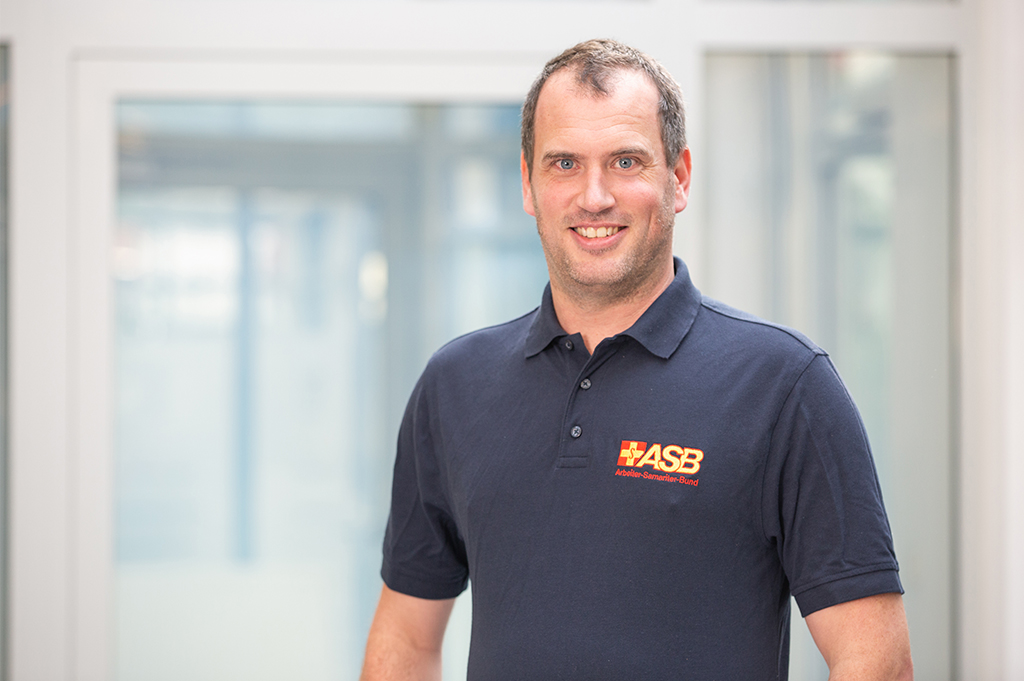
ASB Deutschland e.V.
Sülzburgstraße 140
50937 Köln

